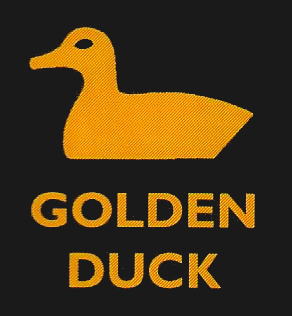Forgotten Coast
Forgotten Coast
Author: Robert Simper
Publisher: Creekside Publishing
Published: 1 June 2002
Pages: ?
ISBN-10: 0953850625
ISBN-13: 978-0953850624
The people, boats and places around the coast of the British Isles have a rich and diverse history. No two places are the same, but they all follow a pattern. The working lives of people and the boats they used are covered in this book. Always the emphasis is to show how the coastal communities, often very isolated, used the sea to wrestle a hard livelihood. In the nineteenth century the hardships bred a strong sense of community and this declined in the twentieth century, but some areas have hung on to their tradition boats.
On the East Coast of England smacks sailed from Whitstable and barges from the River Medway. While across the Thames Estuary there were the cockle boats of Leigh, and some sailing barges and smacks are still active. Along the North Norfolk coast the crab boats launched off their shallow beaches.
On the River Humber there were the majestic square sail keels and along the beautiful coast of Yorkshire to Whitby and many of the small fishing centres there were wooden cobles. The Coble Coast continues on to the Northumberland coble builders and fishermen.
The fishing communities of the East Coast of Scotland and the type of boats used in the herring fishery are shown and often their decline as the fishing became centred on the large ports. The unique boats of Shetland with Norse ancestry and then boats of the Clyde and, a subject no other books covers, the Arran smacks.
In Ireland there were trading schooners of Arklow carrying coal from Mersey and Lydney. The Galway hookers took turf out to the Aran Islands and the canvas skinned curraghs fished off the open beaches. The Welsh coast, particularly the slate schooners of Porthmadog, had its own craft while pilot boats of the Bristol Channel ports are still sailing.
In Cornwall every port had a fleet of luggers in the pilchard fishery while the Falmouth work-boats still dredge oysters under sail. Also a revival of the Cornish pilots gigs. In North Devon there were famous fleets of trading schooners and ketches from inside Appledore bar. Along the south coast of England luggers of Eastbourne, Brighton and perhaps the most famous of them all, the Deal ‘hovellers’, worked off open beaches. Also recorded are the last of the wooden boat builders at Newhaven and Rye.

